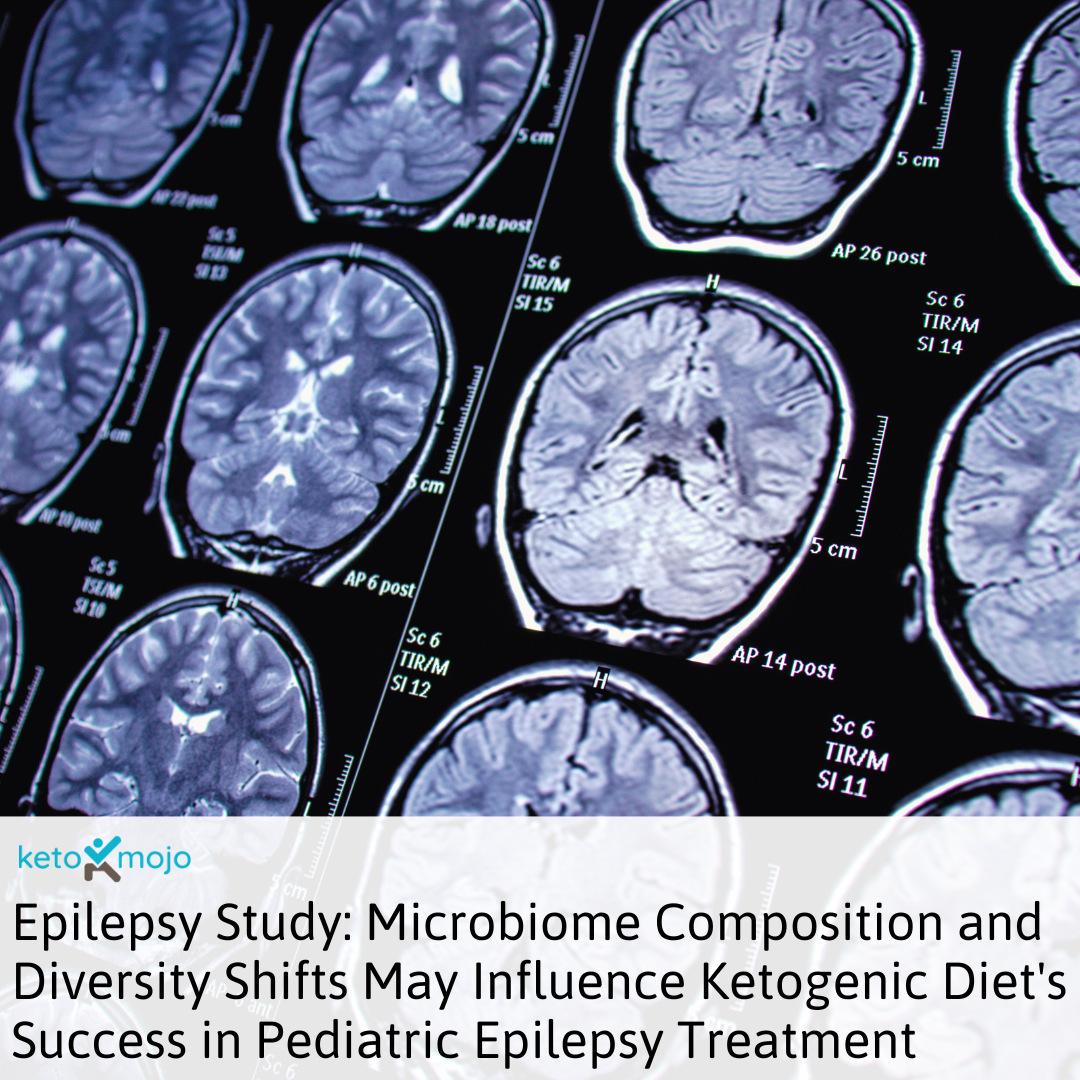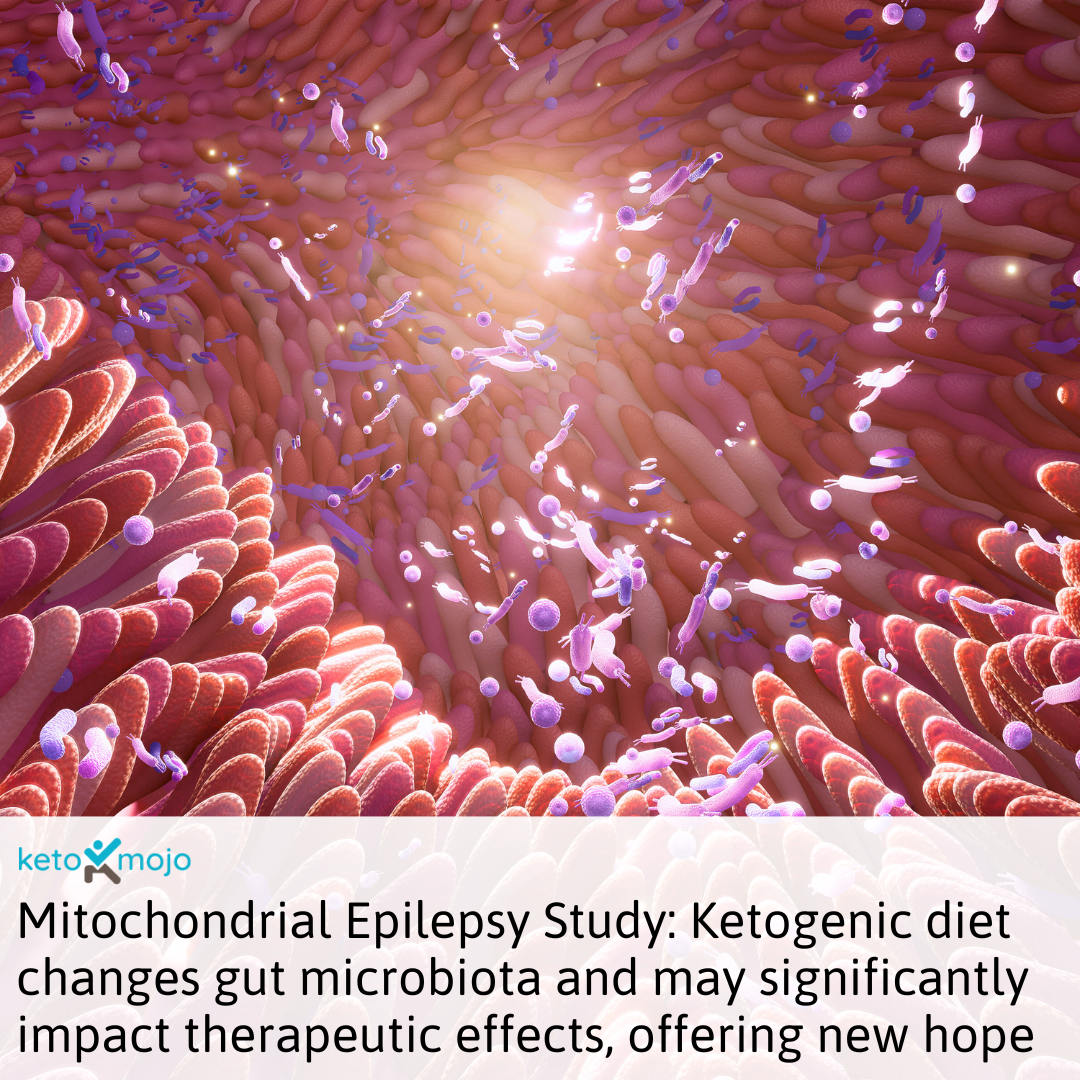Epilepsy, Gastrointestinal Health
Characterizing the Fecal Microbiome in Patients on the Ketogenic Diet for Drug-Resistant Epilepsy

The ketogenic diet is a recognized treatment for epilepsy, but its efficacy varies. Previous studies suggest that the gut microbiome might influence the anti-seizure effects of the diet.
A recent single-center, prospective cohort study aimed to characterize changes in the microbiome among pediatric patients on the ketogenic diet (KD) compared to those with drug-resistant epilepsy (DRE) not on the diet.
The study enrolled 22 pediatric patients with DRE, with stool samples obtained from 4 KD patients and 9 control patients. The fecal samples were analyzed to evaluate bacterial diversity and abundance. The KD patients had been on the diet for an average of 53.5 months.
Key Findings:
- Patients on the KD showed a trend toward increased alpha diversity compared to controls.
- KD patients had higher relative abundance of Bacteroidaceae, Ruminococcaceae, and Prevotellaceae.
- A subset of control patients exhibited high levels of Bifidobacterium, which may indicate potential responsiveness to KD.
The findings suggest that the KD may influence microbiome diversity and composition, which could play a role in its anti-seizure effects. The observed increase in alpha diversity in KD patients contrasts with some prior studies, indicating that results might depend on factors like age, duration of KD, or patient-specific conditions
Of note, the study did not meet its intended recruitment goals of 40 patients. Moreover, only 57% of enrolled participants provided samples, highlighting the challenges of recruiting and collecting stool samples in pediatric studies.
Future studies should include larger, multi-center trials with standardized stool biobanking protocols to validate these findings and identify predictive microbial biomarkers for KD efficacy.






